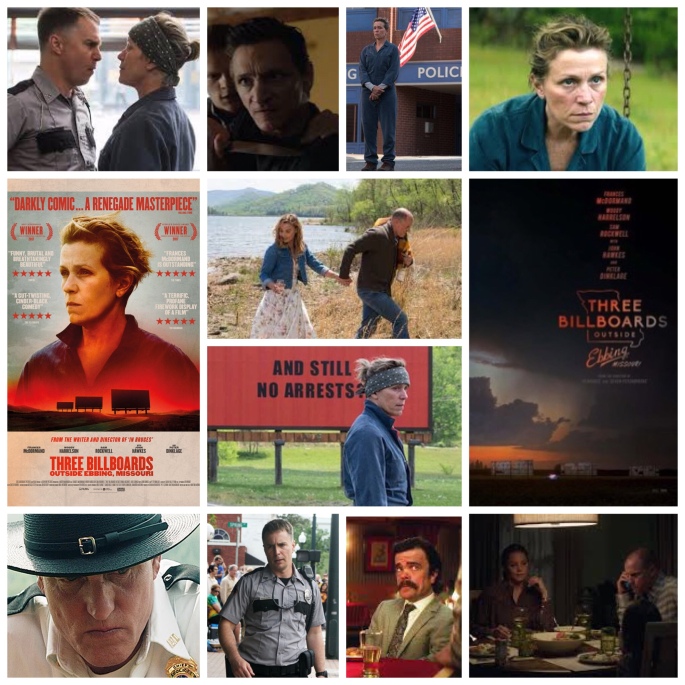
Trey Edward Shults’s Waves is one of those films that is so good I don’t even feel qualified enough as a writer to review it, for fear that my cumbersome prose and tangential asides won’t properly impart the essence of the film and just how important this story is both to the ‘idea’ of the cinematic narrative and to our perception of life as a narrative in itself, encompassing our own individual trajectories, that of those around us and how they all interact, glide, and crash together in beautifully chaotic, poetically imperfect fashion as we move through the world. I’ll call this a ‘narrative flow’ instead of a story, and I don’t mean to sound pretentious but this really feels like an organic current as opposed to a scripted story, one can feel the super-sensible beats beneath what is onscreen in an unalloyed fashion that few films are able to achieve. This is basically a window of time into the life of an upper middle class African American family from Florida who fall victim to the same learning curves, tragedies, hard times and personal trials that every human being must weather and endure. The domineering, overbearing yet loving father (Sterling K. Brown), the quietly soulful and intuitive daughter (Taylor Russell), the athletic, emotionally overwhelmed son (Kelvin Harrison Jr.) and the supportive, compassionate stepmother (Renee Elise Goldsberry). The son is a rising star in a stable relationship with a girl he loves (Alexa Demie) and everything seems to be going just as it should.. until the unthinkable happens, and the narrative flow tears our hearts out before pivoting 180 degrees to focus on the daughter more, and her blossoming relationship with a boy she meets at school (Lucas Hedges). I won’t say more about these events beyond that because its so important to go into this one with open heart, mind and expectations. Every single actor in this film goes above and beyond to bring this piece to life, delving deep into their craft toolbox and emotional intelligence and providing painstakingly realistic cultivations that come across as actual complex, imperfect, intricate human beings free of character convention or any kind of cliche. My favourite performance has to be Taylor Russell as the daughter, who is an unbelievable find and shares a heartbreaking, soul-decimating scene with Brown as her father that anchors both their arcs and sees the two artists reach notes of performance I didn’t think possible in the medium. The title of this film is important n understanding what director Shults (who is now on my genius list, by the way) is trying to show us about human beings and the world: Waves crash along the shoreline, recede into the sea only to crash once more in apparent arbitration. As this process occurs, little ripples dapple the sandy coasts and billow out to form more ripples, currents and other shapes all across the canvas of the ocean, and this too seems to have no discernible order or symmetry. In the same fashion, human beings collide with one another in horrific acts of violence, deeply connected loving relationships and choices both constructive and destructive, only to do it all over again the next time round. These acts and choices ripple out across our collective consciousness and affect others in their choices, deeds and relationships and you just never know how one wave might affect someone else’s life, and that may seem terrifyingly random and alien to us, human beings who so badly crave order and reason, but is there not a beautiful disarray to the unpredictability of it all? This film is a brief aperture into the complexities of our world, and the characters that Shults presents to us couldn’t be more affecting or relatable in their struggles, choices and relationships. This film is nothing short of a masterpiece, from the dedicated vulnerability of the actors to the hazy, celestial coastal cinematography to the rapturous equilibrium employed in editing to the otherworldly electronic score by Trent Reznor and Atticus Ross and the wonderful, heartbreaking but ultimately life affirming narrative flow beneath it all. I couldn’t count high enough in my lifetime to give this an out of ten rating, which should give you an indication of how much I loved this film.
-Nate Hill




